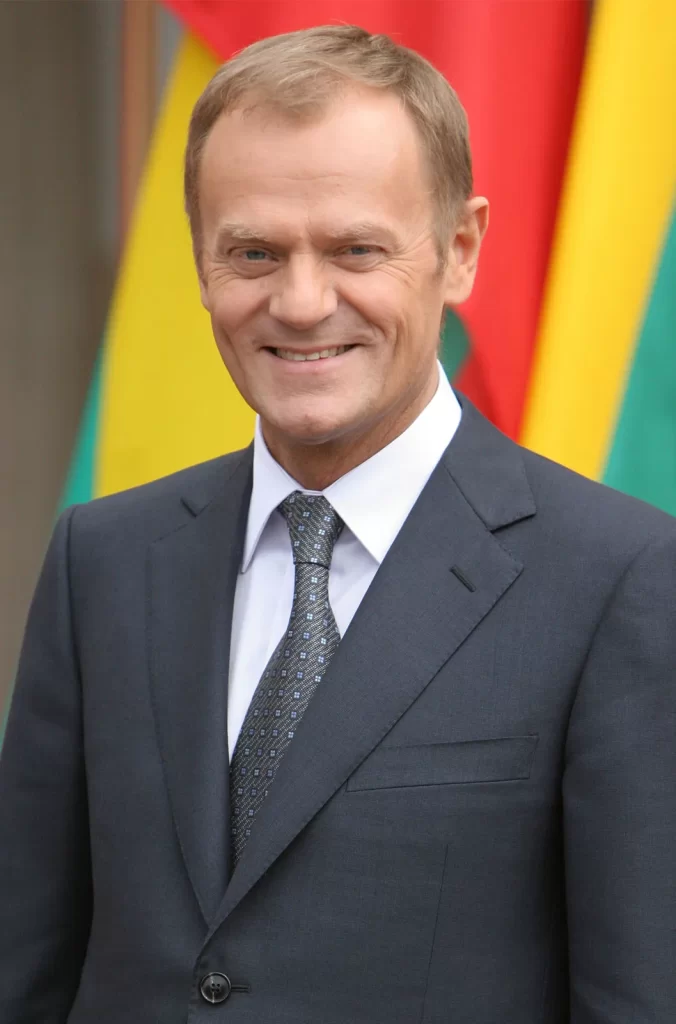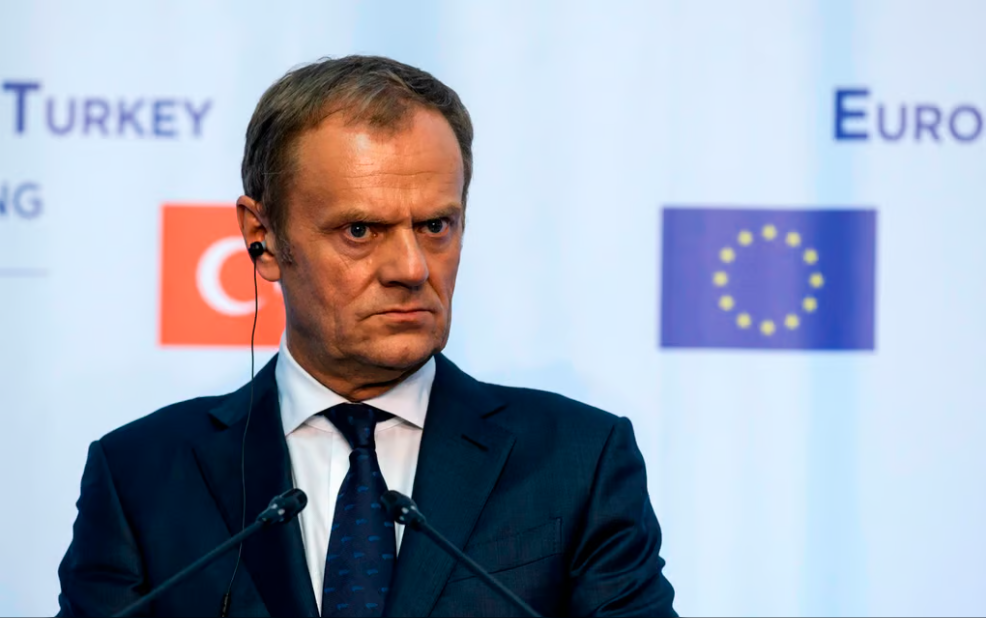In the intricate tapestry of 21st-century Polish politics, two dominant figures have consistently shaped the nation’s trajectory. This week marked a pivotal moment as Donald Tusk, a prominent figure in European politics, orchestrated a remarkable return to power, being sworn in as Poland’s leader once again.
Advertisement
Tusk’s political journey includes a significant stint as Prime Minister from 2007 to 2014, during which he charted a Westward-looking course for Poland. However, the subsequent years saw the rise of the Law and Justice (PiS) party, led by Jaroslaw Kaczynski, undoing much of Tusk’s vision and transforming Poland into a contentious player in European affairs.
In the October vote, PiS secured the most seats but fell short of a parliamentary majority, paving the way for a coalition led by Tusk to take the reins. The transition, however, was far from smooth, marked by accusations and political maneuvering.
The celebratory atmosphere upon Tusk’s assumption of power was punctuated by a dramatic exchange with Kaczynski, who labeled Tusk a “German agent.” This episode underscores the challenges Tusk faces in steering Poland away from its populist course.
Piotr Buras, head of the European Council on Foreign Relations’ Warsaw office, acknowledged the hurdles ahead, stating, “There will be a lot of blockades, and a lot of obstacles, on the road to a fully fledged, rule of law-based system.”

The Task of “dePiSifying” Poland
Tusk’s return is viewed with a mix of relief and skepticism in Poland. Jacek Kucharczyk, President of the Institute of Public Affairs, noted that some doubted Tusk’s ability to make a difference, but he successfully united the opposition coalition.
Advertisement
Tusk’s agenda includes rolling back divisive PiS reforms, addressing reproductive rights policies, and advocating for civil partnerships for same-sex couples. However, these tasks are complex, requiring deft political maneuvering and the unraveling of deeply embedded changes to Poland’s judiciary, media, and cultural institutions.
The specter of Andrzej Duda, the PiS-aligned Polish president, looms large as a potential obstacle, armed with the power of the veto. Tusk must navigate this political landscape while contending with PiS’s influence in key positions within Poland’s structures.
The challenges extend to the judiciary, where PiS’s alterations to the system have left lasting imprints. The presence of “neo-judges” appointed under PiS control poses a significant hurdle in restoring a rule-of-law system.
Tusk’s European Vision Amid Domestic Opposition
Tusk’s victory in October was met with optimism in Europe, positioning him as a key player in EU politics. Mujtaba Rahman, managing director for Europe at the Eurasia Group, highlighted Tusk’s potential role in shifting the balance of power eastwards within the EU.
Tusk pledged to regain Poland’s leadership position in the EU, focusing on securing blocked funding from Brussels and advocating for Ukrainian aid. His pro-European vision aligns with the Biden administration’s priorities.
However, Tusk’s statesmanship ambitions could be tempered by domestic opposition. The PiS, as the largest single party, remains a potent force, emphasizing nationalist themes that resonate through the media landscape.
The public narrative battle is complicated by PiS-influenced state-run media, requiring Tusk to address distortions and partisanship. Reversing these influences, as promised by Tusk, will be a complex task, necessitating a strategic approach to media oversight and reform.
As Tusk navigates these complexities, the verdict is still out on how he will shape Poland’s political landscape and polish its democracy. Ambitious and facing a host of challenges, Tusk’s return signals a critical chapter in Polish politics, with implications extending beyond its borders.


Leave a Reply